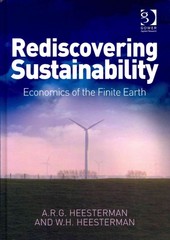Question
A group of academic advisors at the University of Sydney is investigating the relationship between students' WAM (Weighted Average Mark) and the hours they are
A group of academic advisors at the University of Sydney is investigating the relationship between students' WAM (Weighted Average Mark) and the hours they are employed in work each week. To investigate the issue, they surveyed 5,000 first-year and second-year students and gathered data on their WAMs, year-level, age and average weekly time spent studying. They also asked: "How many hours are you employed in work in a typical week?"
Note: It is important that you define any variables you use in answering the questions below.
When typing your answers into the answer box, you may use the equation editor, or it is also fine to write the equation in plain text.
For example, if your model is:
y=0+1x+u
y=0+1x+u
you could instead type: y = beta0 + beta1 * x + u
Question 1. Provide an equation that would allow you to estimate the associated effects of employment on students' WAMs, while controlling for other factors. You should be able to make statements such as "Being employed for one more hour per week is estimated to change a student's WAM by x points."
Question 2. Propose a regression model that would allow you to test whether employment is associated with different effects on the WAMs of first-year vs. second-year students. How would you test the hypothesis that employment is estimated to affect first-year and second-year students differently?
Question 3. You believe students might not be correctly reporting the amount of time they are employed. To overcome this problem, someone proposes classifying students into three categories: Not employed (no employment at all); Part-time Employed (employed 1 - 22 hours each week); and Full-time employed (employed 23 or more hours per week). Using those categories, describe a model that allows you to estimate the effects of employment on students' WAM.
Question 4. Using the model in Question 3, explain in detail how you would test the null hypothesis that employment is not estimated to have any effect on students' WAMs. Be very specific and include a careful listing of degrees of freedom.
Step by Step Solution
There are 3 Steps involved in it
Step: 1

Get Instant Access to Expert-Tailored Solutions
See step-by-step solutions with expert insights and AI powered tools for academic success
Step: 2

Step: 3

Ace Your Homework with AI
Get the answers you need in no time with our AI-driven, step-by-step assistance
Get Started


